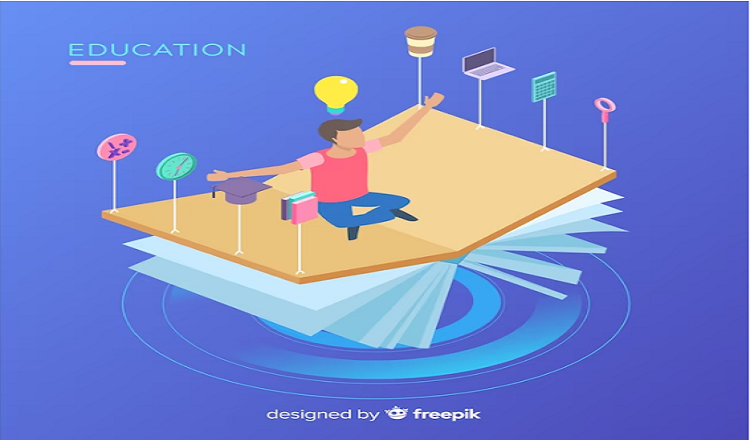With the rise of digital technology, the landscape of education is rapidly changing. The traditional classroom model of education is facing new challenges, as students and educators seek more effective and engaging methods of learning. There is no doubt that the future of academic education will be shaped by new developments in technology, but what will these changes look like, and how will they impact the way we learn? In this article, we will explore the future of academic education and discuss some of the exciting and innovative methods that may be emerging in the next decade.
The Importance of Online Learning
Online learning has become increasingly popular over the past decade, and its importance will continue to grow in the future. With online learning, students are no longer limited by the geographical location of their school or the availability of courses. Instead, they can access high-quality education from anywhere in the world. Online learning platforms such as Coursera, Udemy, and edX have made it possible for individuals to gain new skills and knowledge without attending formal degree programs. In addition, online learning has become an attractive option for working professionals who need to balance education with their careers.
Advantages of Online Learning
The advantages of online learning are numerous. Firstly, online learning allows for a more flexible schedule, as students can complete coursework on their own time. Secondly, online learning is often less expensive than traditional classroom-based education. This is particularly true for non-degree programs, which can be completed for a fraction of the cost of a traditional degree. Thirdly, online learning provides access to a wider range of instructors and educators, as well as a broader range of courses.
Challenges of Online Learning
Despite its many advantages, online learning also faces several challenges. One of the biggest challenges is the lack of face-to-face interaction between students and educators. This can make it difficult to ask questions and receive feedback. Additionally, online learning requires a high degree of self-motivation, as students need to be able to manage their time effectively. Finally, online learning can be isolating for some students who may miss the social aspects of traditional classroom-based education.
The Role of Artificial Intelligence in Education
Artificial intelligence (AI) is already being used in a variety of fields, and education is no exception. AI has the potential to revolutionize the way we learn by providing personalized education that is tailored to the individual needs of each student.
Personalized Learning
With AI, personalized learning becomes a reality. AI algorithms can analyze vast amounts of data about a student’s learning style, interests, and past performance to create a customized learning plan. This approach can help students learn at their own pace and ensure that they are challenged appropriately.
Intelligent Tutoring Systems
Intelligent tutoring systems (ITS) are another exciting application of AI in education. ITSs provide real-time feedback to students as they learn, identifying areas where they need more practice and adjusting the difficulty of the material accordingly. This approach can help students learn more efficiently and effectively.
Challenges and Limitations
Despite its many advantages, AI in education also faces several challenges and limitations. One limitation is the lack of available data on student behavior, which is necessary for AI algorithms to be effective. Additionally, there are concerns about the potential for bias in AI algorithms. Finally, AI in education is still in its early stages, and much more research is needed to fully understand its potential and limitations.
The Gamification of Education
The gamification of education is another exciting trend that is gaining popularity. Gamification involves using game design principles and mechanics to create engaging and interactive learning experiences.
Motivating Students
Gamification can be a powerful motivator for students, as it rewards them for their progress and achievements. This approach can help students stay engaged and interested in their coursework, which can lead to better learning outcomes.
Challenges
One of the biggest challenges of gamification is creating games that are both educational and fun. Additionally, there is a risk that students may focus more on the game aspect than on the learning aspect. Finally, there is the risk of creating games that are too simplistic or that do not challenge students enough.
Conclusion
In conclusion, the future of academic education is exciting and full of potential. Technology is changing the way we learn, and online learning, AI, and gamification are just a few of the innovative methods that are emerging. While each of these trends presents unique challenges and limitations, they also offer new opportunities for students to learn, grow, and explore their passions. In the years ahead, it will be fascinating to see how these trends evolve and how they will continue to shape the future of academic education.

